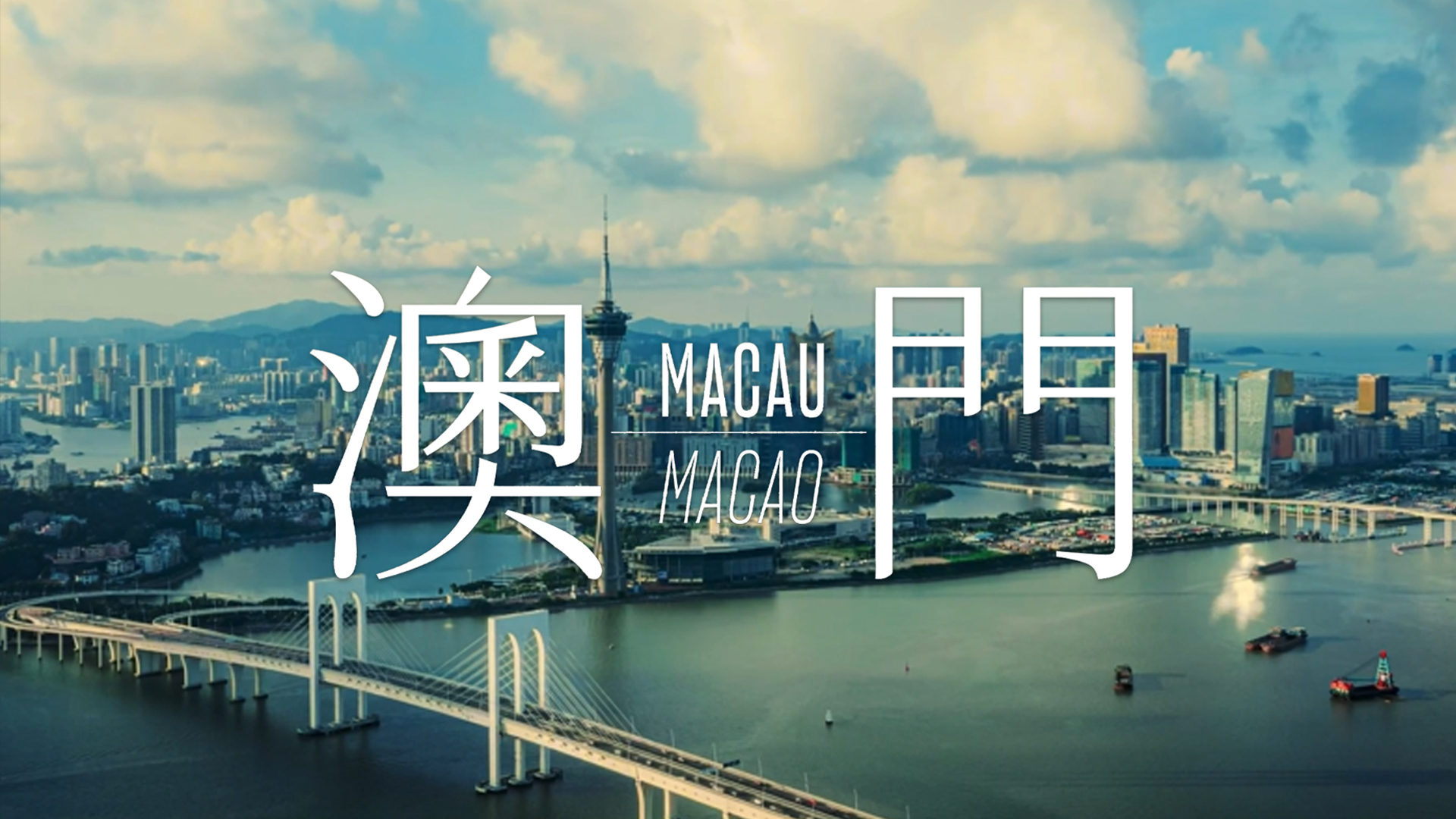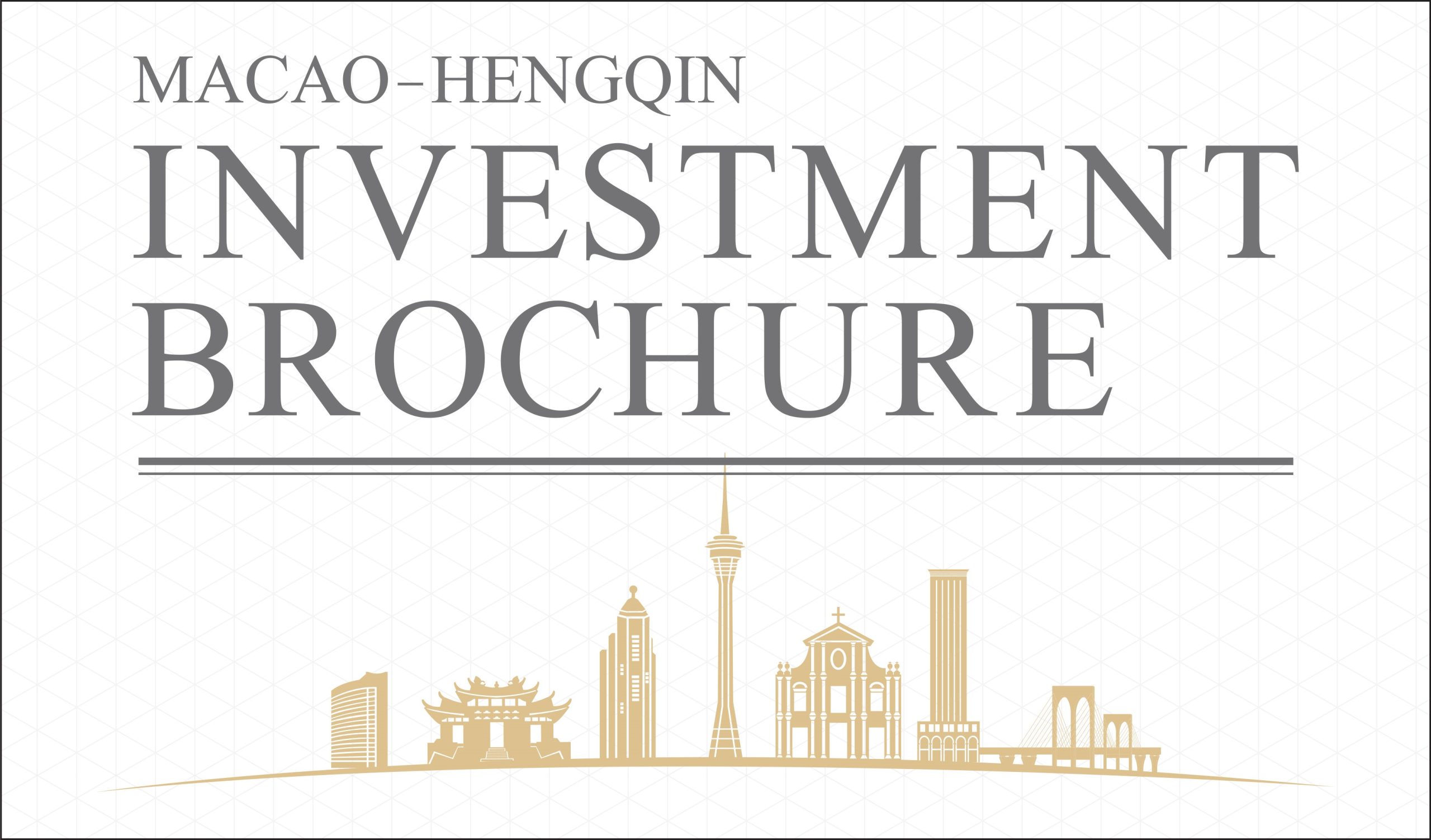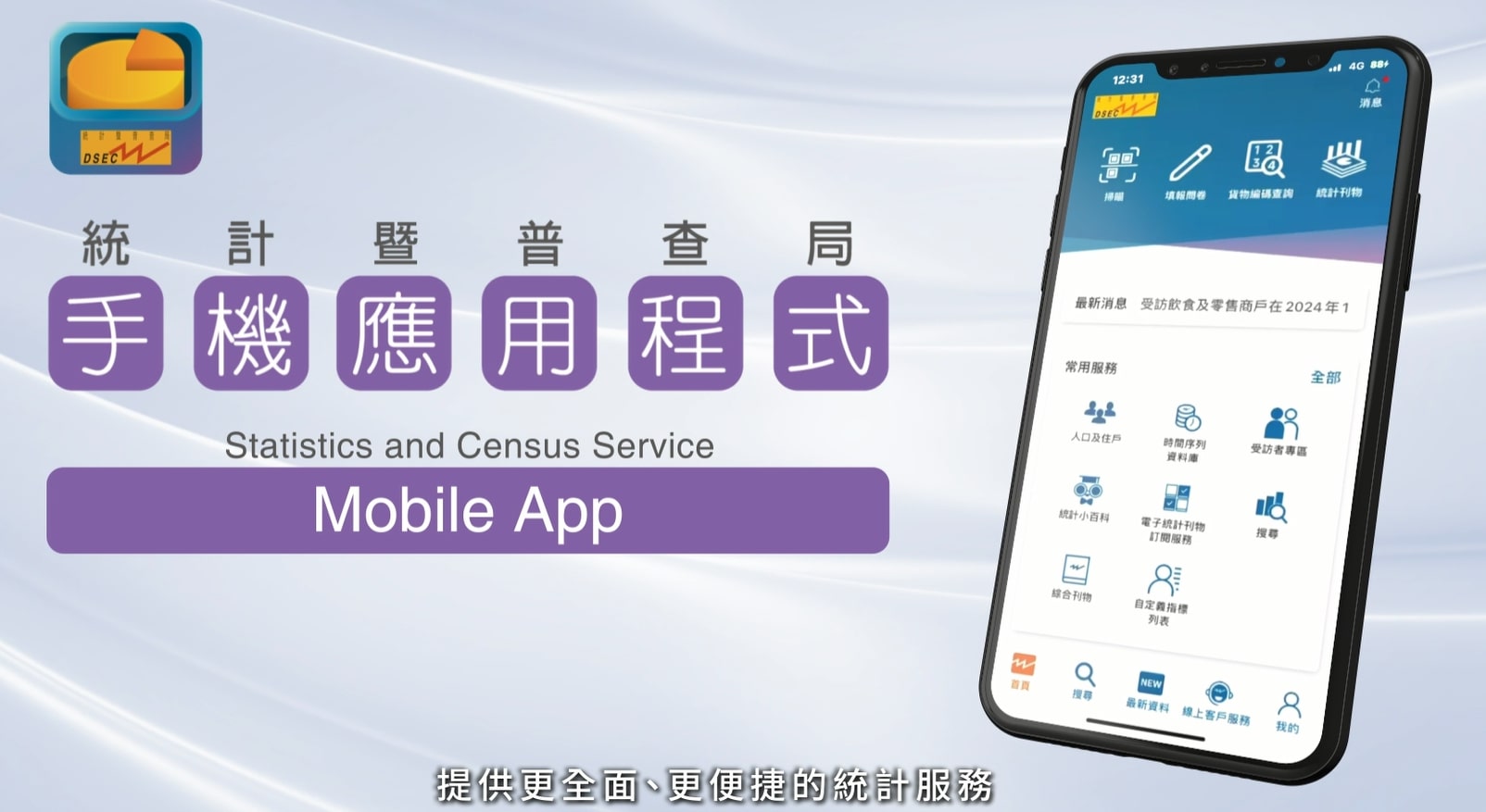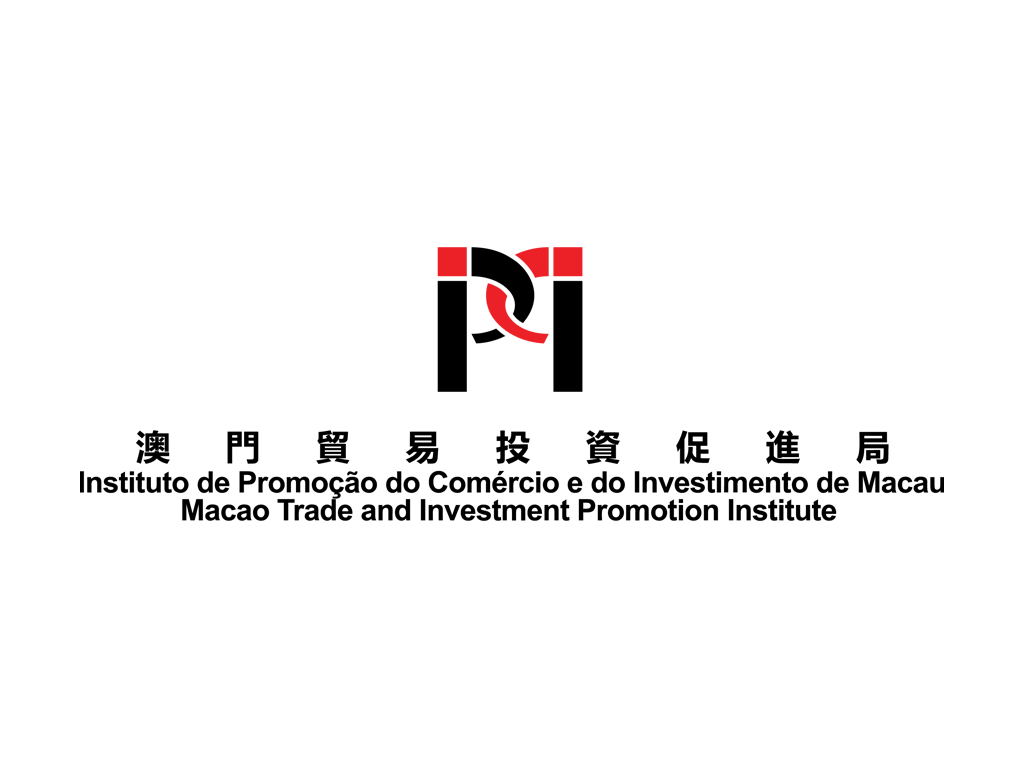Search Issues
Republic of Guinea-Bissau
Republic of Guinea-Bissau, commonly known as Guinea-Bissau, is a country located in western Africa. Its territory includes islands such as the Bijagos Islands, with a total area of 36,130 square kilometers and a population of more than 1.87 million. There are 27 ethnic groups in the country, where the Barents account for 27% of the total population. Guinea-Bissau used to be a Portuguese colony. It declared independence on 24 September 1973. The official language is Portuguese, but Creole is widely spoken. Most of residents in Guinea-Bissau believe in Islam. Bissau is the capital and largest city of Guinea-Bissau. It was built by the Portuguese as a trading base. It is now a major port and the country’s administrative and military centre.
Guinea-Bissau does not have a strong industry. The country’s economy is mainly driven by agriculture and fishery. Fishing licensing, fishery products and cashew nut exportation are the main sources of foreign exchange income. Currently, Guinea-Bissau is a member of World Trade Organization (WTO), Non-Aligned Movement, Organization of Islamic Cooperation (OIC), Community of Portuguese-speaking Countries (CPLP), Organization of French-speaking Countries, Economic Community of West African States.
The People’s Republic of China and the Republic of Guinea-Bissau established diplomatic relations on 15 March 1974. The two countries once broke off diplomatic relations in 1990. On April 23 1998, the two governments signed the “Joint Communiqué of the People’s Republic of China and the Republic of Guinea-Bissau on Restoring Diplomatic Relations” to re-establish diplomatic relations.
During the time when the two countries maintain diplomatic relations, China assisted Guinea-Bissau in building stadiums, hospitals, rice technology extension stations and various projects. In 1982, the two governments signed a cultural agreement. After the resumption of diplomatic relations in 1998, China and Guinea-Bissau launched agricultural technology co-operation and China provided training opportunities to Guinea-Bissau. In 2018, the bilateral trade volume reached 37.46 million US dollars, a year-on-year increase of 9.8%, mainly comprised of exportation from China. The main export products were mechanical and electrical products, high-tech products and textiles.
Information of Business Opportunities in Guinea-Bissau
Guinea-Bissau is an agricultural producing country. In 2018, the agricultural output value (including fishery and forestry) accounted for 47.5% of GDP and agricultural population accounted for 68% of the national labor force. It has about 900,000 hectares of arable land, 454,000 hectares of land are used in agriculture. It also has 3 million hectares of natural pasture, with 20% of the agricultural population are engaged in animal husbandry. The forestry resources are abundant, with a forest area of 2.35 million hectares and a forest coverage rate of 56%; the timber reserve is 48.3 million cubic meters, and provides an annual production of 100,000 tons of wood. The main food crops include rice, cassava, beans, potatoes and sweet potatoes, with cashew nut as the country’s main cash crop. According to statistics from the United Nations Food and Agriculture Organization, Guinea-Bissau produced 154,000 tons of cashew nuts in 2016, making it the eighth largest cashew nut producer in the world and the fifth largest in Africa.
Guinea-Bissau has rich fishery resources, with annual catches of 300,000 to 350,000 tons, and the actual annual catch is about 30,000 tons. The coastal population engaging in fisheries is about 4,000 to 5,000. The annual revenue from the issuance of fishing permits is approximately $9.2 million.
Guinea-Bissau has a weak industrial base. Industrial output accounts for 12.6 per cent of GDP in 2018, which is dominated by agricultural products and food processing. Mineral resources have not been effectively developed. The main mineral deposits are bauxite and phosphate, with an amount of about 200 million tons and 80 million tons, respectively. Oil exploration is under way along the coast and the country has a reserve of about 1.1 billion barrels
In terms of transport, Guinea-Bissau has no railways. It depends mainly on road and water transportation. It has a range of 1,800 km of inland waterway and offshore shipping. The port of Bissau is the country’s largest barge port, fishing port and foreign trade centre, with an annual cargo throughput of about 500,000 tons. Osvaldo Vieira International Airport is located near the capital Bissau, with regular weekly flights from and to Portugal, Senegal, Cape Verde and Morocco.
Main Economic Indicators in 2018
| Gross Domestic Product (GDP) (US$ million) | 1,458.2 |
| GDP per capita (Current US$) | 778.0 |
| GDP Growth (annual %) | 3.8 |
| Inflation, GDP deflator (annual %) | -0.4 |
| Surface area (sq. km) | 36,130 |
| Population | 1,874,309 |
| Foreign direct investment, net inflows (Current US$)(in US$ millions) | 17.3 |
Source: World Bank, https://data.worldbank.org/
Major Trade Partners of Guinea-Bissau in 2018
| Main Export Destinations | Total Exports (US$ millions) | Percentage (%) |
| India | 126.3 | 80.0 |
| Main Origin for Imports | Total Imports (US$ millions) | Percentage (%) |
| Portugal | 145.7 | 52.6 |
| Senegal | 28.8 | 10.4 |
| China | 25.6 | 9.2 |
Source: International Monetary Fund, https://www.imf.org/en/Data
Foreign Trade Statistics of Guinea-Bissau
(US$ billion)
| Year | Total Trade | Total Exports | Total Imports |
| 2018 | 434.4 | 157.2 | 277.2 |
Main exports: cashew nut.
Main imports: food, fuel, lubricants, transportation equipment, building materials.
Statistics on the trade between Macao and Guinea-Bissau
(US$ million)
| Year | Total Trade | Total Exports | Total Imports |
| Jan-Nov 2019 | 2, 019 | 2, 019 | – |
Source: Macao Statistics and Census Service, https://www.dsec.gov.mo/
Source:
World Bank https://data.worldbank.org
International Monetary Fund https://www.imf.org/en/Data
Ministry of Foreign Affairs of the People’s Republic of China https://www.fmprc.gov.cn
Macao Statistics and Census Service https://www.dsec.gov.mo/





















